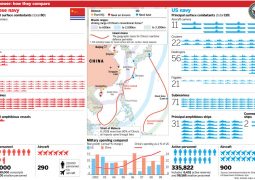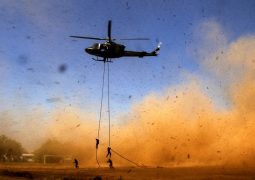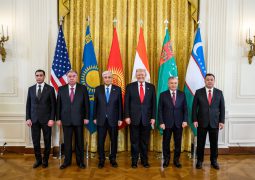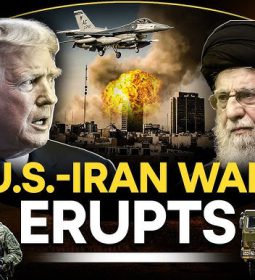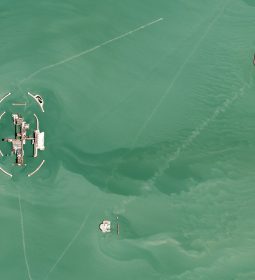India: There will be Indo-Sino joint patrols on the LAC – a 3,488km-long disputed border in the Himalayas

The pact is part of a resolution to the four-year standoff at the contested border areas, India’s foreign ministry says.
“Over the last several weeks, Indian and Chinese diplomats and military negotiators have been in close contact with each other, and as a result of these discussions, an agreement has been arrived at on patrolling arrangements along the LAC in the India-China border leading to the disengagements and a resolution of the issues that had arisen in 2020,” Indian Foreign Secretary Vikram Misri told reporters in New Delhi on Monday, referring to the Line of Actual Control notional demarcation line between the two countries.
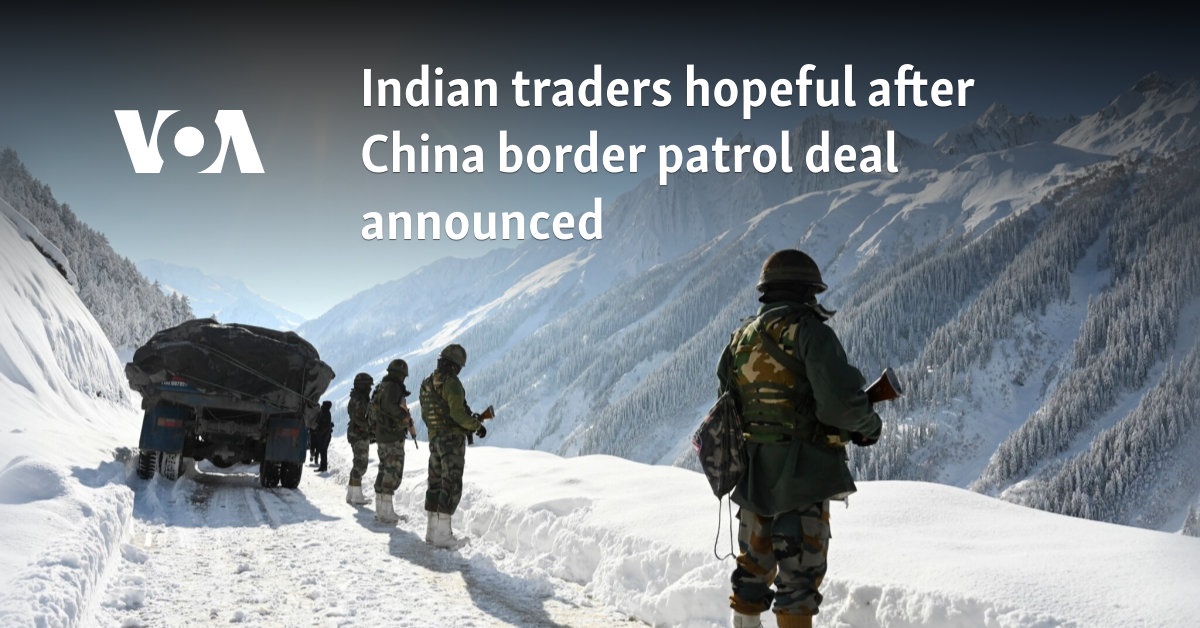
The LAC is a 3,488km-long (2,167-mile) border in the Himalayas shared by the two Asian giants, with China claiming a considerably shorter portion. It separates Chinese and Indian-held territories from Ladakh in the west to India’s eastern state of Arunachal Pradesh, which China claims in its entirety considering it part of its Tibet region, and the two fought a border war in 1962.

Misri did not specify whether the pact means the withdrawal of the tens of thousands of additional troops stationed by the two countries along their disputed border in the northern Ladakh region since their armies clashed in 2020 in a significant escalation.
There was no immediate comment from Beijing.
The announcement was made on the eve of Indian Prime Minister Narendra Modi’s visit to Russia for the BRICS summit, which involves China and other major developing economies. Local media reported that Modi could hold talks with Chinese President Xi Jinping on the sidelines of the event.
Ties between India and China deteriorated in July 2020 after a military clash killed at least 20 Indian soldiers and four Chinese. It turned into a long-running standoff in the rugged mountainous area, where each side has stationed tens of thousands of military personnel backed by artillery, tanks and fighter jets.
India and China have withdrawn troops from some areas on the northern and southern banks of Pangong Tso Lake, Gogra and Galwan Valley, but continue to maintain extra troops as part of a multitier deployment.
Top Indian and Chinese army commanders have held several rounds of talks since the military clash to discuss the disengagement of troops from areas of tension.
Earlier this month, India’s army chief said New Delhi wants the status on the frontier in the western Himalayas to be restored to its pre-April 2020 position when the standoff began and the situation will remain sensitive until then.
The two sides have resolved the “low-hanging fruits” and now need to address difficult situations, General Upendra Dwivedi said, adding that there was “positive signalling” from the diplomatic side and execution on the ground was dependent on military commanders of the two countries.
India’s Foreign Minister Subrahmanyam Jaishankar on Monday said the pact is “a product of very patient and very persevering diplomacy” and that it will resume military patrolling the way it was before the 2020 clash.
“Hopefully, we will be able to come back to peace and tranquillity. And that was our major concern because we always said that if you disturb peace and tranquillity, how do you expect the rest of the relationship to go forward,” Jaishankar told India’s NDTV news channel.
- Previous Erdogan in Russia to Putin on gas hub’s future and prospects joining BRICS
- Next Brits lost Chiagos last month – When French will sede to Kanaks their Caledonia!?







